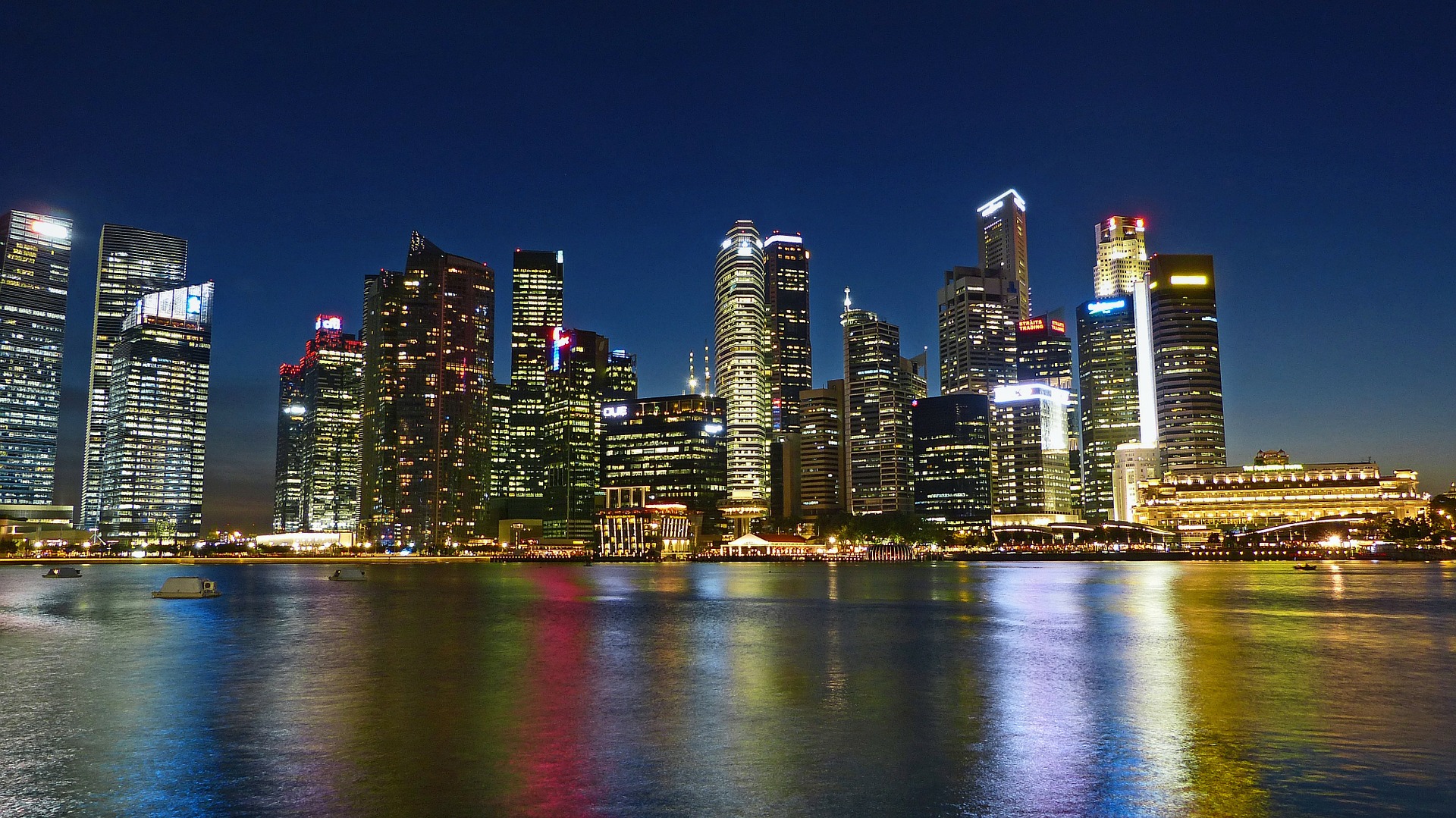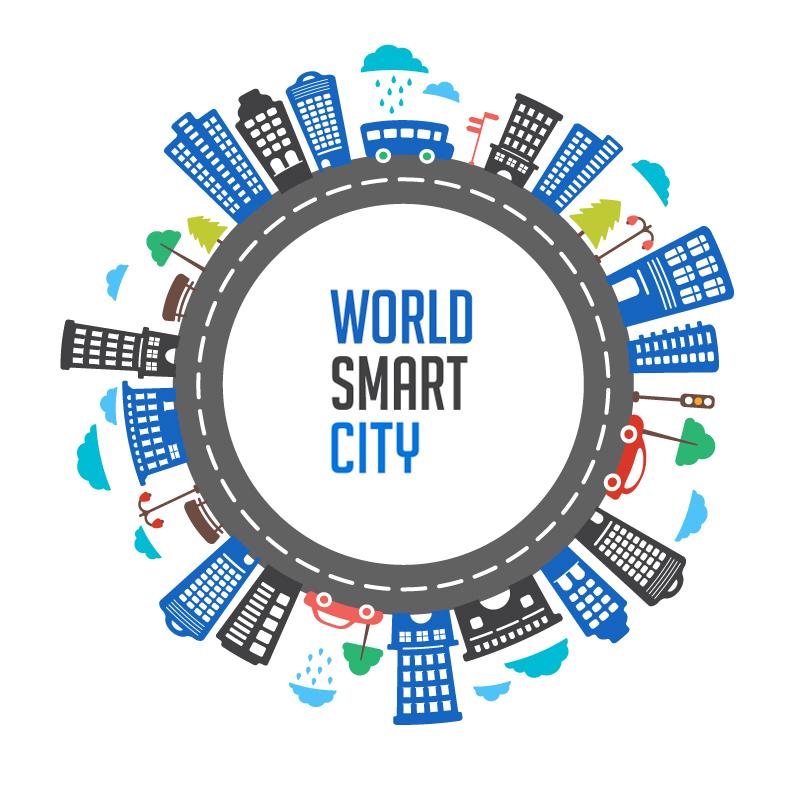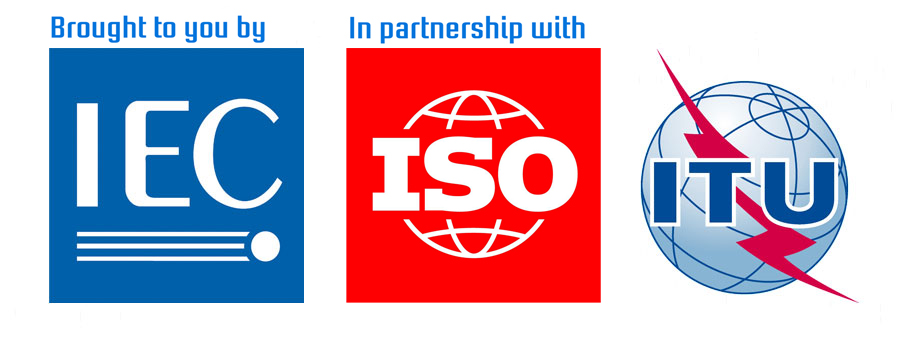July 13: participate live from your desk in the global discussion on how to enable sustainable and smart cities
On 13 July from 9 am to 5.30 pm (Singapore time), IEC, ISO and ITU will host an international forum to tackle pain points that limit Smart Cities’ development.
World experts will address, discuss and accept live questions from an audience of over 400 in the room as well as online around the world. Discussions will shape around four panel sessions on challenges cities face in the areas of energy, water, mobility, cybersecurity and privacy. These sessions will be live-streamed throughout the day of 13 July. Programme, live-stream and online discussion information available here.
If you are a city planner, city leader, architect, utility, transport planner, safety/security/data specialist, standardization specialist or work in industries that provide city solutions, this event is for you.
Why should you care?
Smart Cities promise improved quality of life for the world’s estimated 3,9 billion urban dwellers, while at the same time allowing better, more efficient use of resources and improved security. However many barriers limit Smart City development. Cities battle with pain points like the sustainable supply of energy or water, eliminating gridlock and related pollution while allowing citizens to move around. On the operational level many of the systems used in today’s cities are from different suppliers and maintained by different agencies who sometimes work in isolation. To connect them both physically and virtually, standardized interfaces are needed.
The Forum will share insights into how major efficiency gains can be made by horizontally interconnecting individual systems such as energy, water, sanitation and waste management, transportation, and security.
Cities must become smarter, now
By 2050, 66% of the world’s population is expected to live in urban areas. The challenge will be to supply these populations with basic resources like safe food, clean water and sufficient energy, while also ensuring overall economic, social and environmental sustainability. Already today, cities consume around 70% of all energy produced globally, while generating 70% of world GDP.
One size doesn’t fit all
Building a Smart City is highly complex. Every city faces its own challenges and requires its own mix of solutions. Most Smart Cities are not built from scratch in one go. They gradually evolve and become smarter, bit by bit. With time, these individual islands of smartness grow together and interconnect, but only if they use the same harmonized technical rules that are embodied in Standards.
Electricity: No city will be smart without it
Cities are giant systems with countless subsystems. All of them depend on electric power and hardware to move people and things, collect data and exchange information. Without electricity, modern city management, the Internet of Things, and all resulting city services remain wishful thinking. It is simply impossible to build an efficient urban infrastructure without reliable energy access: no electricity = no Smart City. The IEC develops the large majority of International Standards for energy generation and distribution as well as for most devices and systems that use electricity or contain electronics.
Enabling tailored solutions
International Standards can considerably facilitate the development of tailor-made solutions that are adapted to the particular circumstances of a given city. Standards are essential enablers that assure an expected performance level and compatibility between technologies. They embody strong technical and process expertise and facilitate the replication of outcomes. Standards propose common metrics that permit the comparative analysis and benchmarking of solutions.
Standards also open the door to a larger choice of products, increased competition and help foster innovation. In a systems approach they enable the integration of structures from different suppliers. This benefits both the city and its citizens.
And while Smart City development will go far beyond integrating the right technologies, it is comforting to know that many of these standardized devices and systems will support smooth and integrated Smart City development.
Join the Smart City online community at www.worldsmartcity.org and help shape the programme of the World Smart City Forum!
With your participation in the online community you are able to help shape the final programme of the first World Smart City Forum, which is organized by the IEC, in partnership with ISO and ITU on 13 July, 2016 in Singapore, co-located with the World Cities Summit www.worldcitiessummit.com.sg/ and Singapore International Water Week www.siwww.com.sg. If you would like to participate live in the World Smart City Forum in Singapore, please register on www.worldsmartcity.org (free-of-charge: first come, first served).
The Forum will explore how interconnection can be accomplished and point to some of the tools that are already available to help cities reach their objective faster, more efficiently and with better outcomes.
The community will offer city stakeholders from around the world value-add discussions and high-level networking. It will also help crystalize the top pain points of cities; those that hold back Smart City development in areas such as:
- Mobility
- Water
- Energy
- Cybersecurity and privacy


